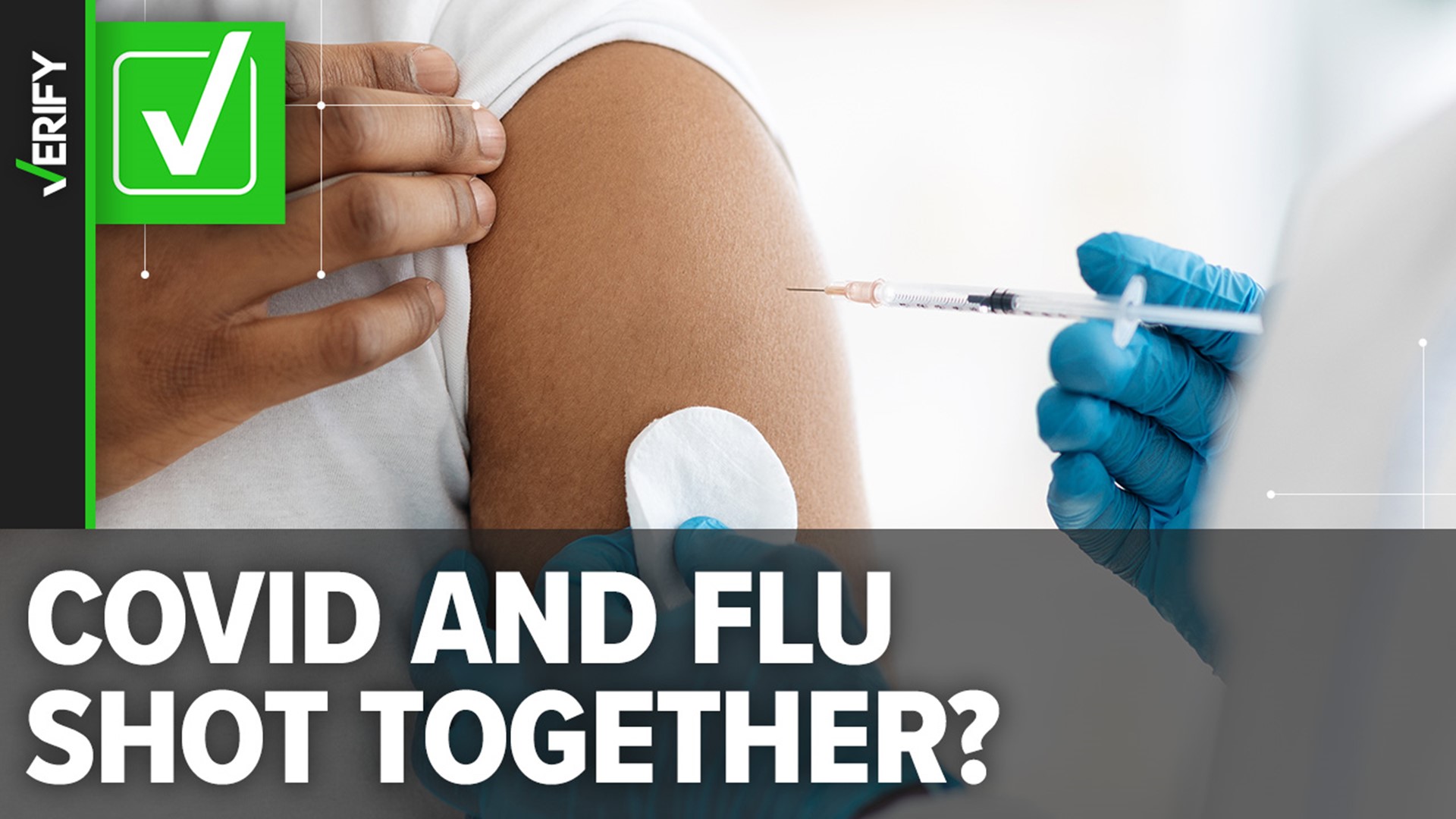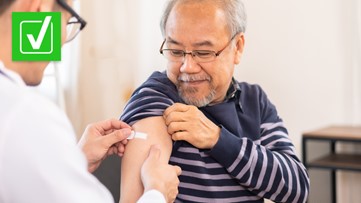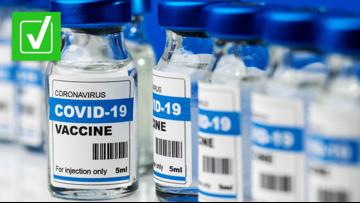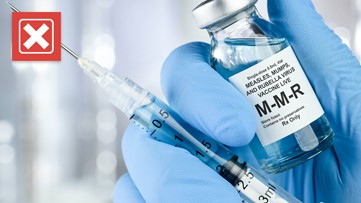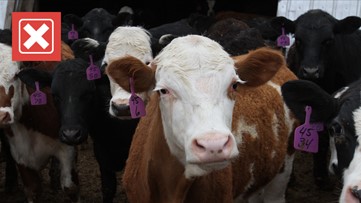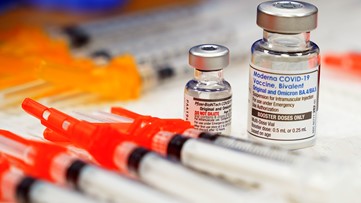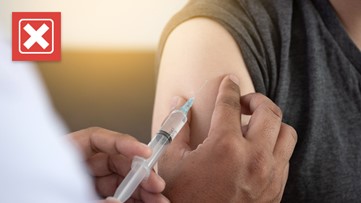During the 2022 and 2023 flu seasons, 173.237 million doses of flu shots were distributed in the United States, according to the Centers for Disease Control and Prevention.
With the 2023 flu season right around the corner, people online are encouraging others to get the flu shot at the same time as the COVID-19 vaccine.
THE QUESTION
Can a person get the COVID-19 vaccine and the flu shot at the same time?
THE SOURCES
- Centers for Disease Control and Prevention
- Payal Kohli, M.D., assistant clinical professor of medicine at University of Colorado’s Anschutz Medical Campus
- Saralyn Mark, M.D., former senior medical advisor to The White House
THE ANSWER
Yes, people can get the COVID-19 vaccine and the flu shot at the same time.
WHAT WE FOUND
Yes, you can get a flu vaccine, also known as the flu shot, at the same time you get a COVID-19 vaccine or any booster shot, the Centers for Disease Control and Prevention says.
Getting more than one vaccine at once is known as co-administration and it is common practice.
According to a CDC study published in July 2022, there were no safety concerns with giving the COVID shot and the flu shot at the same time. People who participated in the study and received both vaccines at the same time had a slightly higher rate of reactions like fatigue, headache and muscle ache as compared to people who got only a COVID shot, but these reactions were mostly mild and went away quickly.
The exact timing and duration of flu seasons varies, but flu activity often begins to increase in October, the CDC says, so it’s best to get the flu shot before the end of that month. Flu activity typically peaks between December and February, though significant activity can last as late as May.
The “sweet spot” for getting a flu shot is typically early October, Payal Kohli, M.D., told VERIFY, so people can begin scheduling their vaccine appointments now.
Kohli does recommend that people get the vaccines in different arms in case of potential side effects like muscle soreness, though it’s not required.
People who will be in high-risk situations, such as public gatherings or travel, may want to get their vaccines sooner rather than later since it takes about two weeks to generate a maximum immune response, Saralyn Mark, M.D., told VERIFY.
